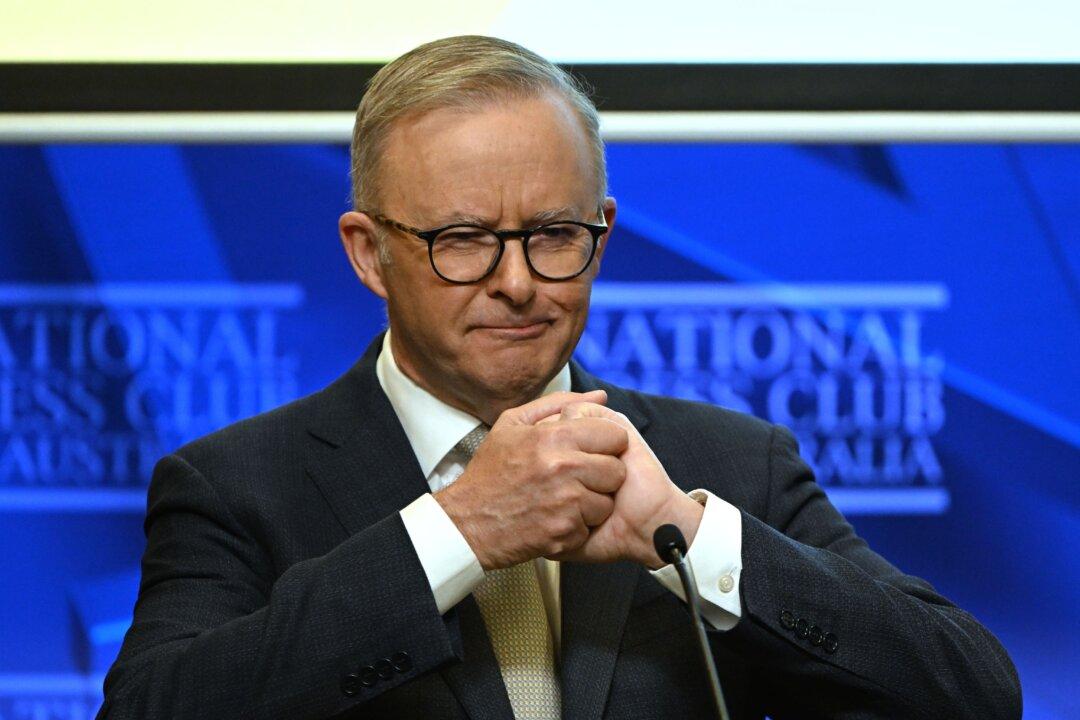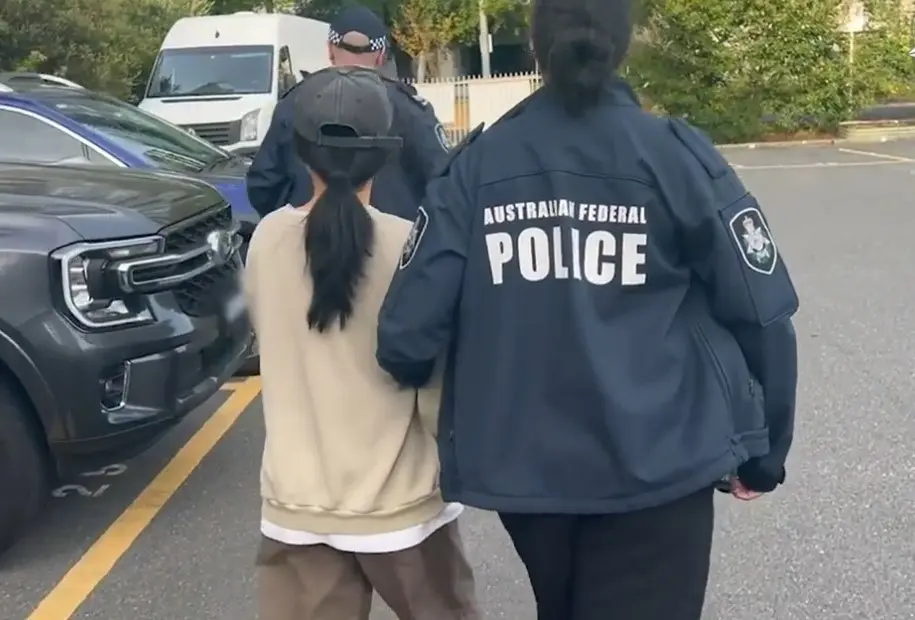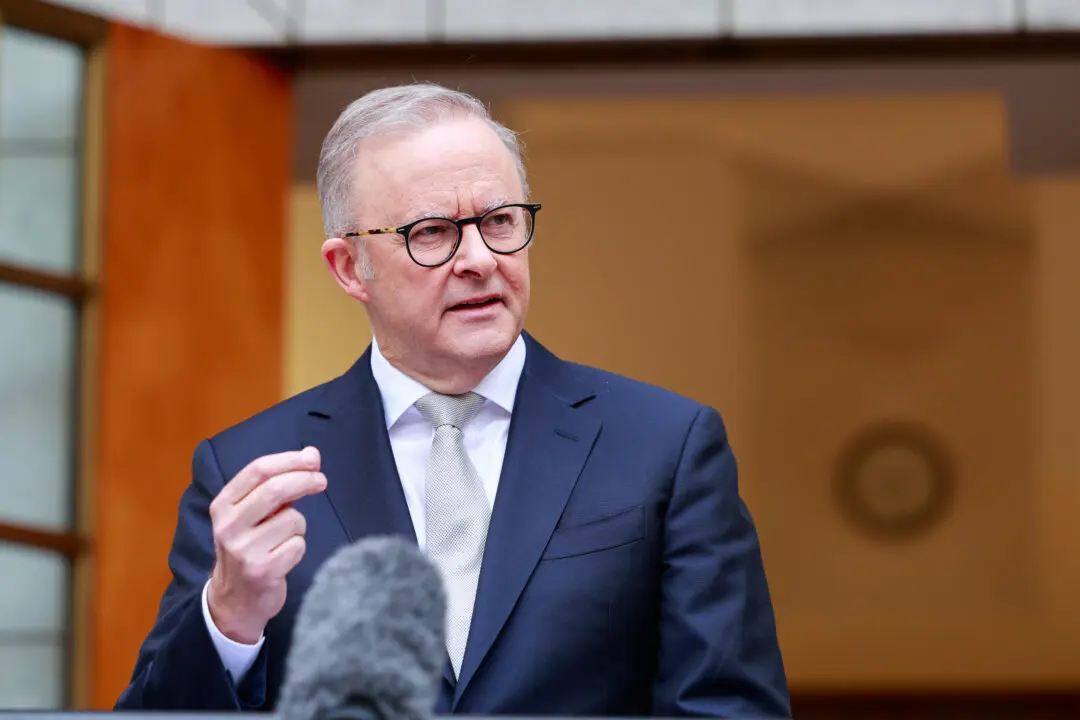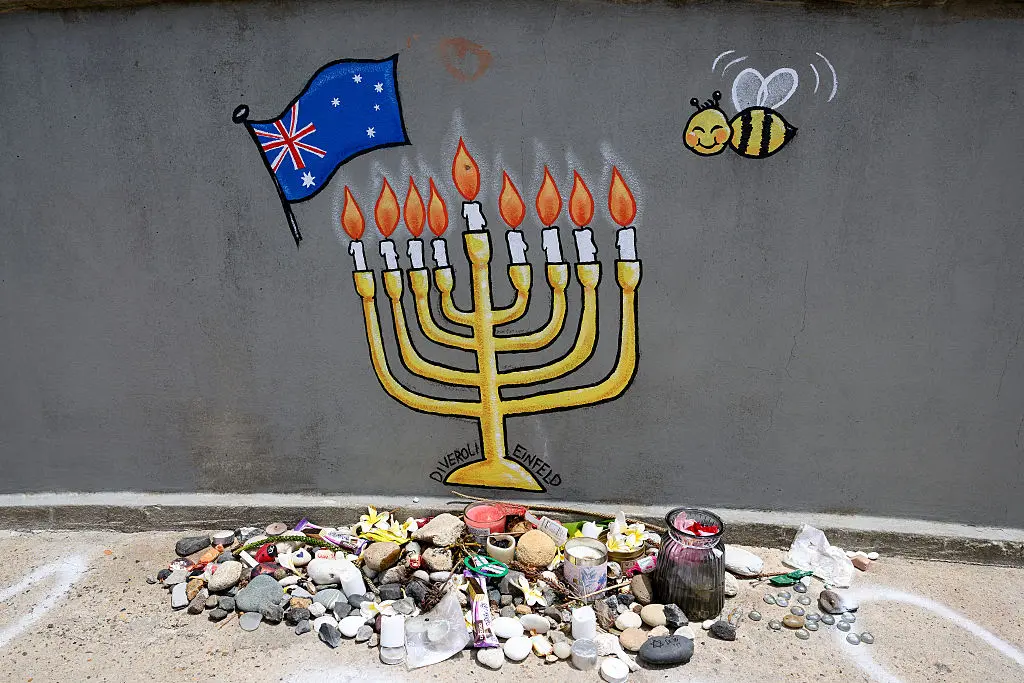Avoiding an incident like the Jan. 6 Capitol riots in Australia is one reason why voters should support a major alteration to the country’s Constitution, says Prime Minister Anthony Albanese.
In his latest bid to win over the public for The Voice to Parliament proposal, the prime minister claimed such a “sensible” change would protect Australia’s democracy against “poisonous conspiracy theories.”





